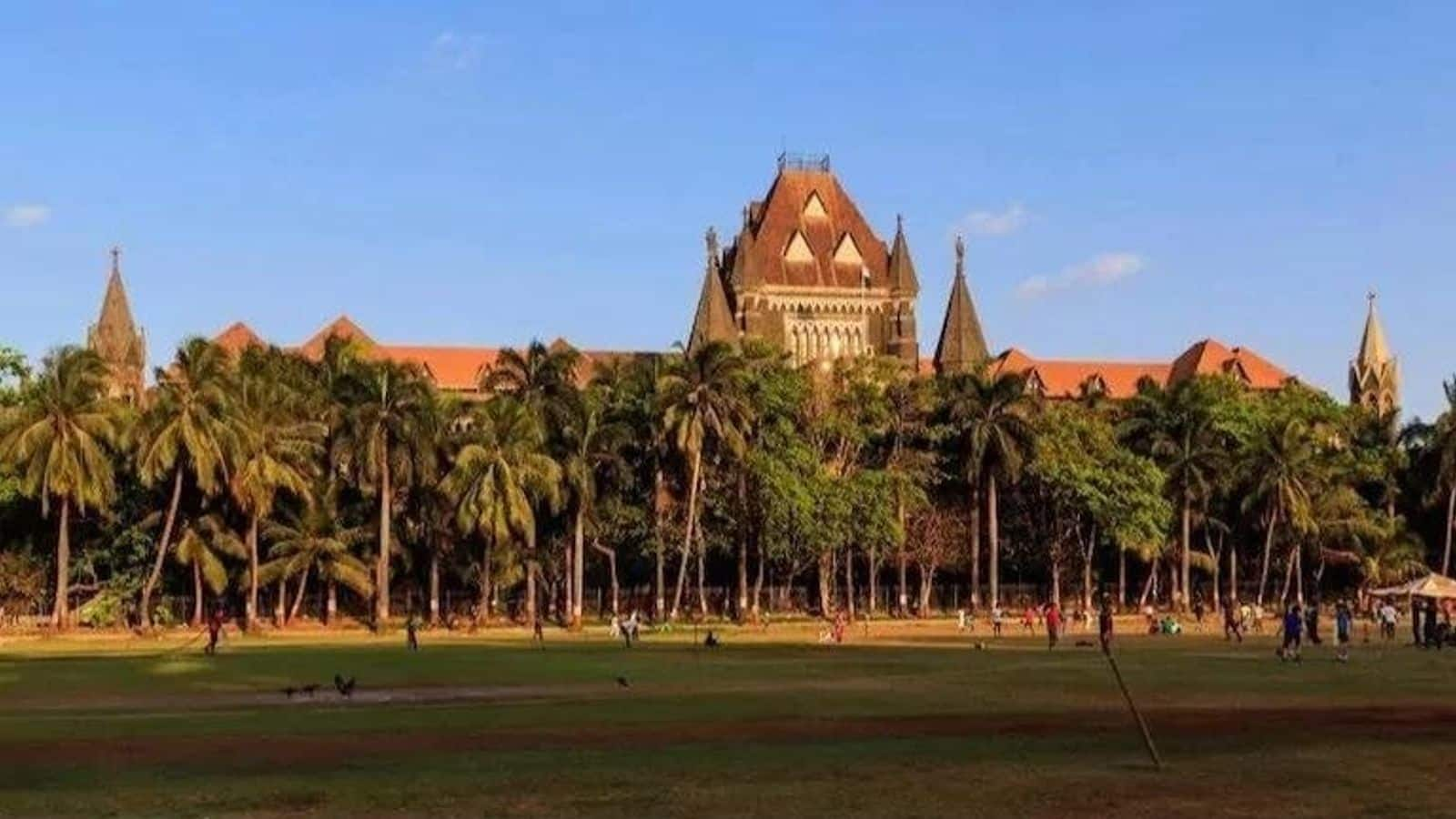
Banning animal slaughtering during Bakrid at Maharashtra fort 'absurd': HC
What's the story
The Bombay High Court has ruled in favor of the continuation of traditional animal slaughter for Bakri Eid and Urs at a dargah within the Vishalgad Fort in Kolhapur, Maharashtra. The court differentiated between a "protected area" and "protected monument," labeling the state government's decision to ban the practice "absurd to say the least." Justices BP Colabawalla and Firdosh Pooniwalla issued the verdict in response to a petition filed by the Hajrat Peer Malik Rehan Mira Saheb Dargah—a registered trust.
Legal debate
Government representatives argue for slaughtering ban
Government representatives, SD Vyas and YD Patil, argued that the ban on slaughtering was in line with the Maharashtra Ancient Monuments and Archaeological Sites and Remains Act and Rules. They maintained that animal slaughtering would inevitably lead to food consumption, which is restricted within protected monuments unless authorized by officials. However, advocates SB Talekar and Madhavi Ayyapan, appearing for the Trust, argued that the Act defines a "protected area" as specific archaeological sites and villages, not the entire region.
Ruling details
Court disagrees with government's interpretation of Act
The government representatives insisted that the entire Vishalgad Fort was a "protected monument" where slaughtering should not be permitted. The bench disagreed, noting that the Act itself distinguishes between a "protected area" and a "protected monument." "This would effectively mean that these 107 families would either have to starve or go outside their homes (beyond 333 acres 19 gunthas) and cook and consume their food. This interpretation would be absurd to say the least," the court said.
Final verdict
Court permits slaughtering for Bakri Eid and Urs
The court observed that slaughtering activities had continued without issue since Vishalgad was declared a protected monument in 1999 until February 2023. At the same time, it clarified that slaughtering should take place on private land and not in open or public spaces. The bench concluded: "For 24 years, the authorities did not think that the slaughter being carried on by the petitioners was either in violation of the Act...the slaughtering of animals by the petitioners can be permitted."